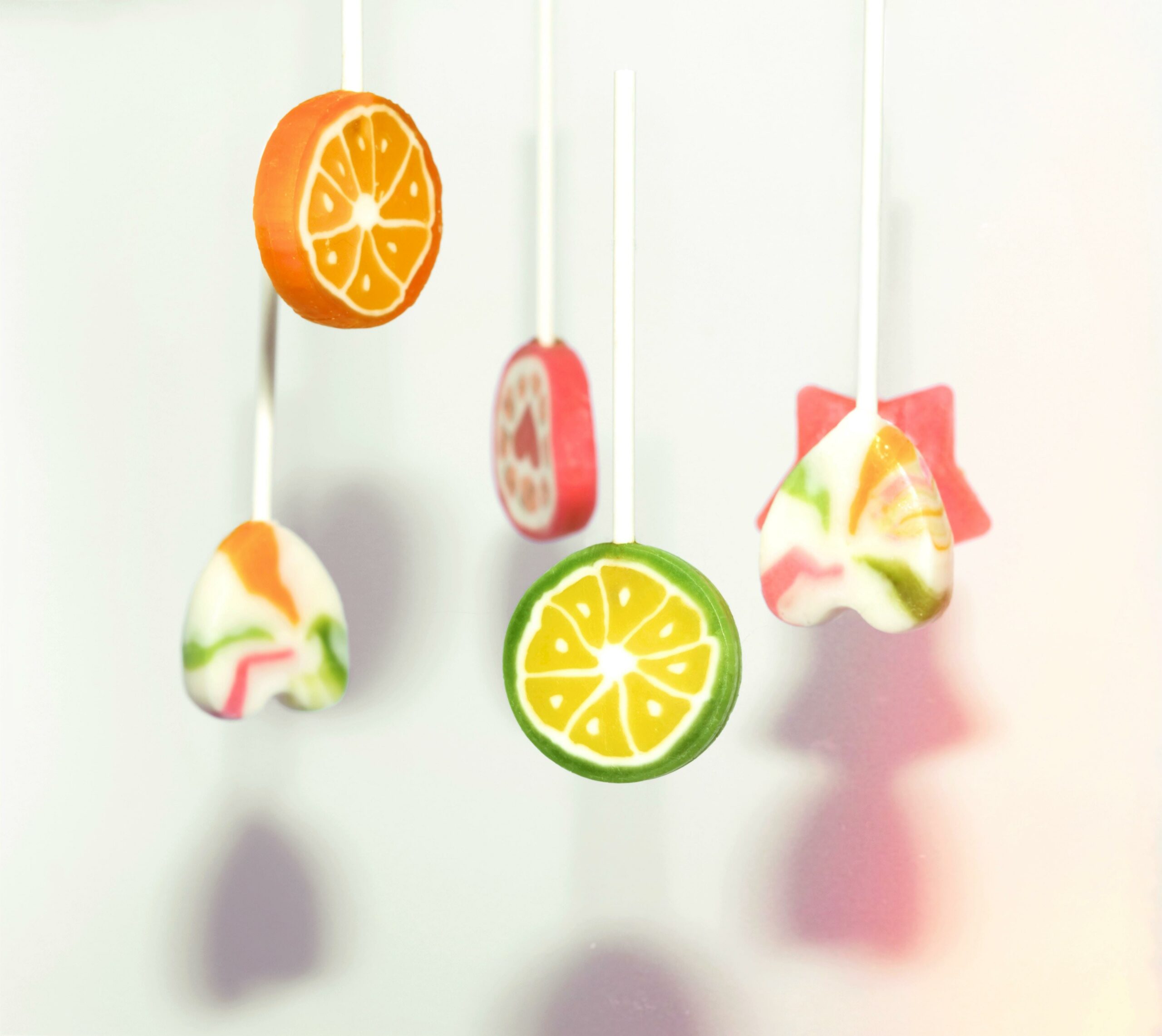Are you ready to embark on a journey into the delightful origins of the term “lollipop”? Prepare to be enchanted as we unravel the sweet story behind this beloved confectionery. From its humble beginnings to its global popularity, we will explore the historical, cultural, and linguistic dimensions of the lollipop’s origins. Join me as we delve into the fascinating world of etymology and discover the tantalizing origins of this beloved treat.

Origins of the term “lollipop”
Ah, the beloved lollipop. A sweet treat that has captivated both young and old for generations. But have you ever wondered about the intriguing origins of this delectable delight? Join me on a journey through time as we uncover the story behind the term “lollipop” and its fascinating evolution.
Let’s start our exploration in the late 18th century. It was recorded by Francis Grose in 1796 that street vendors in London may have been the ones to coin the term “lollipop.” While the exact origins are somewhat uncertain, some theories suggest that “lollipop” may have derived from the term “lolly” (meaning tongue) and “pop” (meaning slap). Imagine that—a tongue-slapping treat!
Fast forward to the early 20th century, where we find George Smith, the inventor of the modern lollipop. In 1908, he crafted a delightful candy on a stick that we now know and adore. George was no ordinary candy maker, though. He trademarked the term “lollipop” in 1931, borrowing it from a race horse named Lolly Pop. Talk about a sweet inspiration!
But where does the name “Lolly Pop” come from? Linguists have embraced the challenge and determined that this delightful phrase translates to “tongue slap” in Northern English slang. Just envision a lollipop playfully slapping your taste buds—a true linguistic treasure!
The 1920s mark the beginning of the lollipop’s rise to fame. It was during this time that the first references to the lollipop in its modern context started to appear. And the rest, as they say, is history. Throughout the years, various brands have emerged, each adding their own unique flavor to the lollipop world. From Tootsie Pops to Blow Pops, Chupa Chups to Dum Dums, these brands have become household names, bringing joy to millions of sweet tooth aficionados across the globe.
Yet, despite its popularity, the origins of the term “lollipop” remain shrouded in uncertainty. Throughout history, it seems that the term has been reinvented multiple times, leaving etymologists and language enthusiasts alike perplexed. But perhaps that is the beauty of language—ever evolving and full of delightful surprises!
The journey to the roots of the lollipop does not end here. Legend has it that during the Middle Ages, boiled sugar was enjoyed with sticks or handles, resembling our modern-day lollipops. Could it be that the term “lollipop” found its origins in this sweet medieval pastime? It’s possible! So next time you indulge in this sugary delight, take a moment to appreciate its rich and diverse history.
In conclusion, the origins of the term “lollipop” may be shrouded in mystery, but its luscious appeal has stood the test of time. From its humble beginnings on the streets of London to its modern-day sweetness, the lollipop continues to bring joy to our taste buds and a smile to our faces. So go ahead, embrace the childlike wonder within you and savor the enchanting world of lollipops!
“Unraveling the sweet story behind the origins of the term “lollipop” takes us on a delightful journey through time, from tongue-slapping street vendors to trademarked horse names. While uncertainty surrounds its exact origin, the word “lollipop” transcends history and remains a beloved treasure in the world of sweets.”
Do you ever wonder why a lollipop is called a lollipop? The answer to this sweet mystery lies within the history of this popular candy. To delve into the origins of this delightful treat, click here: Why Is A Lollipop Called A Lollipop. Explore the fascinating story behind the name and uncover the secrets that make lollipops so irresistible. Prepare to be amazed by the journey of this confectionery delight and satisfy your curiosity with a simple click of the link. Enjoy!
FAQ
Question: When was the term “lollipop” first recorded?
Answer: The term “lollipop” was first recorded by Francis Grose in 1796.
Question: What is the possible origin of the term “lollipop”?
Answer: The term “lollipop” may have been coined by street vendors in London and derived from the term “lolly” (tongue) and “pop” (slap).
Question: Who invented the modern version of the lollipop?
Answer: The modern version of the lollipop was invented by George Smith in 1908.
Question: What does “lolly pop” translate to in Northern English slang?
Answer: “Lolly pop” translates to “tongue slap” in Northern English slang.
Question: When did the first references to the lollipop in its modern context appear?
Answer: The first references to the lollipop in its modern context date back to the 1920s.
- Jesus Bible: Discover Jesus’s Story Throughout Scripture - April 27, 2025
- Don Luis: Unraveling the 16th-Century Virginia Mystery - April 27, 2025
- Captain J’s Kauai Tours: Unforgettable Na Pali Coast Adventures - April 27, 2025
















